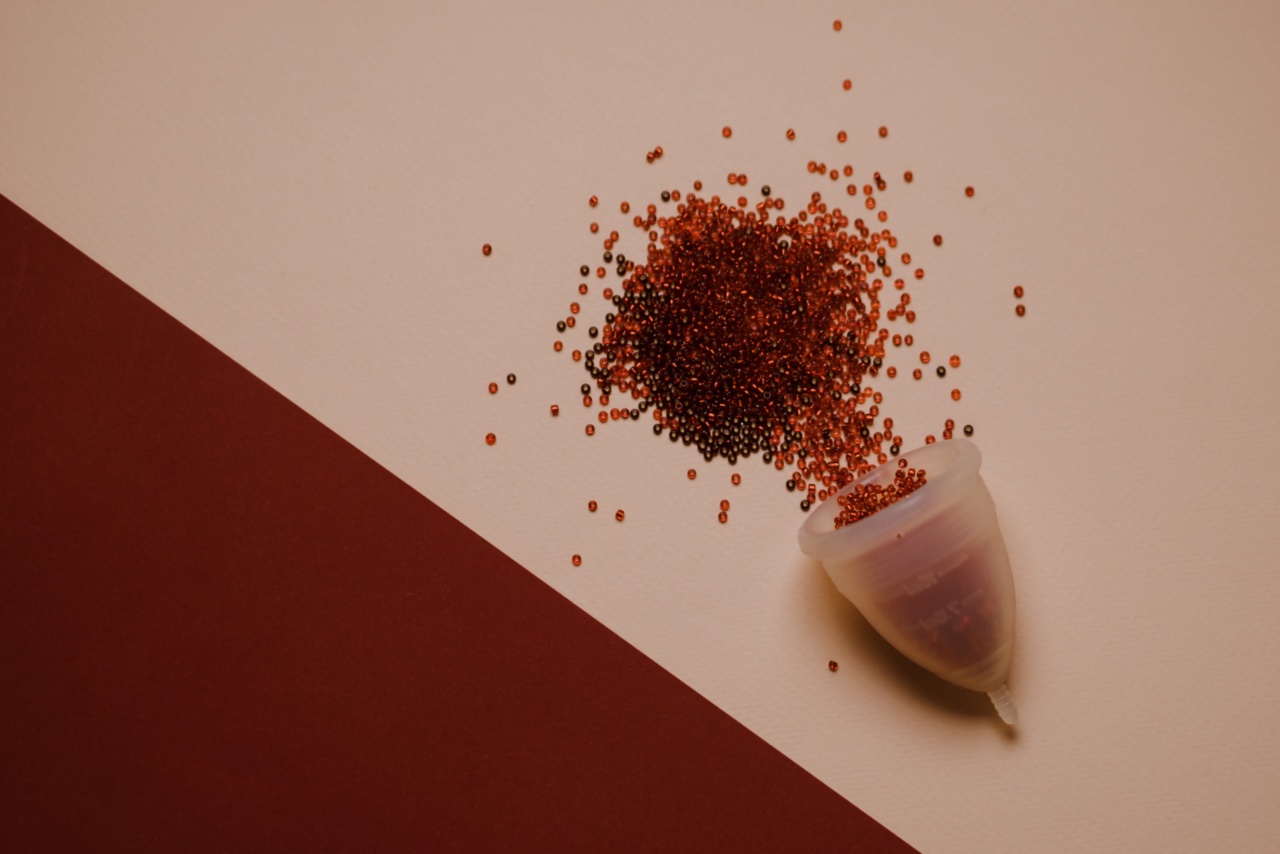Menstrual cramps, also known as dysmenorrhea, are a common condition experienced by many women during their menstrual cycle. These cramps can range from mild to severe, causing discomfort and sometimes interfering with daily activities.
While over-the-counter pain medications can provide relief, there are also natural remedies that can help alleviate menstrual cramps. In this article, we will explore some simple remedies that you can try to reduce pain and promote overall well-being during your menstrual cycle.
1. Heat Therapy
Applying heat to your lower abdomen can help relax the muscles and alleviate menstrual cramps. You can use a heating pad, warm water bottle, or take a warm bath to target the affected area.
The heat increases blood flow, which can ease the pain and provide relief.
2. Exercise
Engaging in regular physical activity can help reduce menstrual cramps. Exercise releases endorphins, which are natural painkillers and mood enhancers. Aim for low-impact exercises such as walking, swimming, or yoga.
These activities can help improve blood circulation, decrease inflammation, and relieve cramps.
3. Herbal Teas
Certain herbal teas have shown promising results in reducing menstrual cramps. Chamomile tea, peppermint tea, and ginger tea are known for their anti-inflammatory properties and can help soothe the uterus.
Sip on these herbal teas throughout the day to ease discomfort and promote relaxation.
4. Essential Oils
Using essential oils can provide relief and relaxation during menstruation. Lavender oil, clary sage oil, and rosemary oil are known for their calming properties.
Dilute a few drops of these oils in a carrier oil, such as coconut or almond oil, and gently massage the lower abdomen to ease cramps.
5. Dietary Changes
Opting for a healthy diet can contribute to reducing menstrual cramps. Increase your intake of fruits, vegetables, whole grains, and lean proteins.
Avoid or limit the consumption of caffeine, alcohol, and processed foods, as these can worsen inflammation and cramping. Incorporate foods rich in omega-3 fatty acids, such as salmon and walnuts, as they have anti-inflammatory properties.
6. Magnesium Supplements
Magnesium is an essential mineral that plays a vital role in muscle relaxation. Taking magnesium supplements during your menstrual cycle may help alleviate cramps.
Consult with your healthcare provider to determine the appropriate dosage for your specific needs.
7. Acupuncture
Acupuncture is an ancient Chinese practice that involves the insertion of thin needles into specific points on the body. This technique has been found to effectively reduce menstrual pain.
Acupuncture may help regulate blood flow, reduce inflammation, and promote relaxation.
8. Stress Reduction Techniques
Chronic stress can exacerbate menstrual cramps. Engage in stress reduction techniques such as meditation, deep breathing exercises, or practicing mindfulness. By managing stress levels, you can potentially minimize the intensity of menstrual cramps.
9. Adequate Sleep
Getting enough sleep is crucial for overall well-being, including managing menstrual cramps. Aim for 7-9 hours of quality sleep per night.
Establish a regular sleep routine, create a comfortable sleep environment, and practice relaxation techniques before bedtime to improve the quality of your sleep.
10. Over-the-counter Pain Relief
If natural remedies do not provide substantial relief, over-the-counter pain medications can be an option. Nonsteroidal anti-inflammatory drugs (NSAIDs) such as ibuprofen or naproxen sodium can help reduce inflammation and relieve menstrual cramps.
However, it is essential to follow the recommended dosage and consult with a healthcare professional if you have any underlying medical conditions or are taking other medications.
Conclusion
Menstrual cramps are a common issue for many women, but there are several simple remedies that can help alleviate the pain and discomfort.
From heat therapy to herbal teas and dietary changes, exploring natural alternatives can provide relief during your menstrual cycle. However, it is crucial to consult with your healthcare provider if you have severe or persistent cramps that significantly impact your daily life. Remember, every individual is unique, and what works for one person may not work for another.
Listen to your body, try different remedies, and find what brings you comfort and relief during this time.































